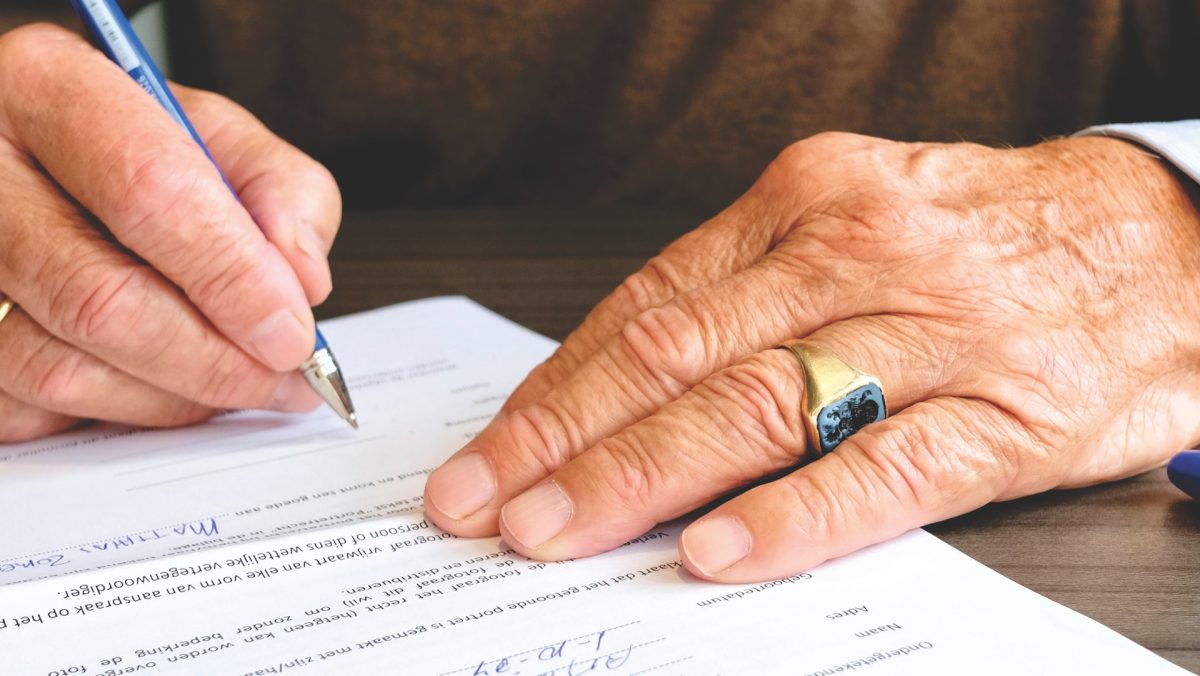Taking on the role of an Executor can seem daunting. The duties and expectations, as well as all of the requirements and practicalities of being the Executor of another’s estate may often seem overwhelming. This does not necessarily need to be the case, and we hope that the answers given below to some of the concerns commonly expressed by Executors offer a measure of reassurance.
Am I liable for debts owed by the estate?
The simple answer to this is, no – an Executor is not responsible for the debts of the estate. The only assets that should be used to pay the estate’s liabilities are the assets/funds of the estate. Whereas some private companies may attempt to coerce Executors into personally paying off debts owed to them and subsequently claiming this back from the estate, this is not the norm. Executors are under no obligation to utilise their personal funds in meeting the financial liabilities of the estate they have been appointed to administer.
The recommended course of action is for an Executor to notify creditors of their status as the person charged with the distribution of the estate and to confirm that once they are in possession of the estate’s funds, they will repay the liability.
What if I make a mistake?
An Executor may be found liable of wrongdoing where they have been fraudulent and/or negligent in their duties. It is also often prudent for an Executor to take certain steps which will ensure that they adequately protect themselves from liability. Ensuring that the deceased’s Will is the latest one is a crucial step. Statutory Notices to notify all potential creditors is another important step.
If there are any signs that a beneficiary is unhappy with how you have acted in your capacity as an Executor, or that they are unhappy with the Will itself (for instance, they may simply not be receiving as much as they expected), it is always worth obtaining legal advice to ensure that you take all necessary measures to protect yourself as an Executor.
What if I do not feel I can take on the role?
If you have no wish to take on the role, you are under no obligation to do so. There are options which you may wish to pursue, including the renunciation of your role and empowering your co-Executors to take charge.
It may however prove difficult to step back from your role as an Executor, if you have already intermeddled i.e. taken steps associated with the role of an Executor in matters relating to the administration of the estate.
If you have been appointed or discovered that you are an Executor on someone’s estate, you should give serious consideration to your duties and obligations. You may also wish to speak to a lawyer about the options available to you in deciding whether to take on the role.






